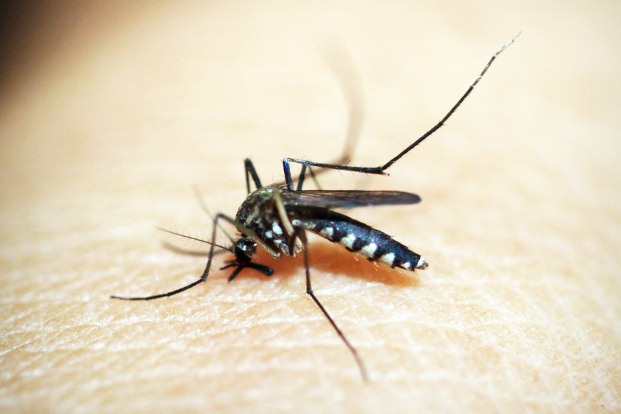Why is malaria considered a communicable disease?
Apr 19, 2022
Malaria is an infectious disease that is caused by mosquito-borne plasmodium parasite which infects the red blood cells. It’s one of the dangerous diseases in India. There’s no vaccine for malaria available and it occurs naturally through repeated infection. Common symptoms are fever, chills, vomiting, nausea, body ache, headache, cough and diarrhoea. If undiagnosed , it can lead to complications such as jaundice, dehydration, anemia, brain malaria, liver failure and kidney failure. Children, pregnant women, and the elderly – anyone with less immunity is at a more risk.

Symptoms of malaria are follows:-
After been bitten by an infected mosquito, the disease takes around 14 days to manifest. Commonly observed symptoms are:
- Fever
- Headache
- Chills
- Sweats
- Fatigue
- Nausea and vomiting
Few of the other symptoms include dry cough and muscle pain. If you’ve been diagnosed with the disease, then you should take long rest rest until these symptoms reside. Malaria is an infectious disease that is caused by plasmodium parasite which infects the red blood cells and is distinguished by fever, body ache, chills and sweating. Of the four species that cause malaria (plasmodium vivax, plasmodium falciparum, plasmodium ovale, plasmodium malariae) plasmodium falciparum is the most serious and can cause serious complications. An individual can be infected with two species at the dual time. The National Institute of Malaria Research has developed guidelines on diagnosis and treatment of malaria.
- Chloroquine is given to the patient and dose is given based upon the body weight of the patient. The use of Chloroquine has led to the emergence of several Chloroquine-resistant falciparum malaria cases. For like individuals, a drug called Artemisinin is given.
- Ignore giving anti-malarial drugs on an empty stomach. Always give the first dose under observation.
- Give ample of fluids.
- If no improvement occurs within 48 hours,contact with
- Look for any warning signs of dehydration, reduced urine output, bleeding, seizures or coma.









